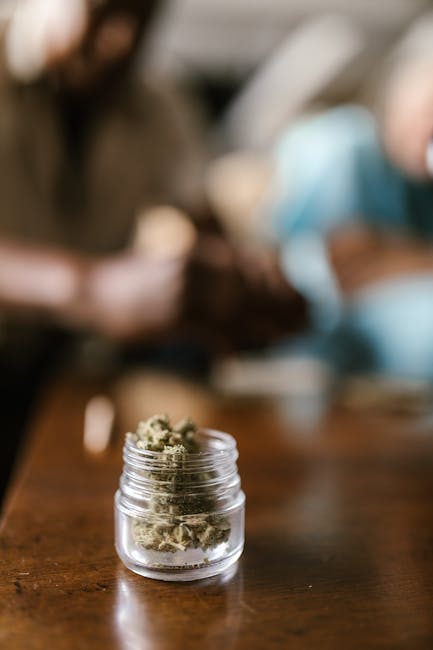
Sweden, a country known for its stunning landscapes and vibrant culture, has a complex relationship with cannabis. While some countries have legalized or decriminalized the use of marijuana, Sweden’s laws regarding cannabis are more stringent. In this article, we’ll explore the current laws and regulations surrounding buying weed in Sweden.
Current Laws and Regulations
In Sweden, cannabis is classified as a narcotic substance, and its use, possession, and sale are regulated by the Narcotic Drugs Act (SFS 1968:64). The law prohibits the possession, sale, and production of cannabis, with penalties ranging from fines to imprisonment.
According to the Swedish Police Authority, possession of small amounts of cannabis for personal use can result in a fine or a maximum of six months in prison. Larger quantities or intent to sell can lead to more severe penalties, including up to 10 years in prison.
Medical Cannabis
While recreational cannabis is not permitted, Sweden has a limited medical cannabis program. Patients with certain medical conditions can apply for a license to use cannabis-based medications. However, this requires approval from the Medical Products Agency (MPA) and is typically only granted in exceptional cases.
Buying Weed in Sweden
It is not legal to buy weed in Sweden for recreational purposes. However, some individuals may still choose to purchase cannabis from illicit sources. It’s essential to be aware of the risks associated with buying from unregulated markets, including the potential for contaminated or adulterated products.
Those who still choose to buy cannabis should be aware of the following:
- Risks of detection: Law enforcement agencies in Sweden are actively working to combat cannabis trafficking and possession.
- Quality and safety concerns: Illicit cannabis products may be contaminated or of poor quality.
- Penalties: Possession or sale of cannabis can result in fines or imprisonment.
Alternatives and Future Developments
While the current laws surrounding cannabis in Sweden are strict, there are ongoing debates about reforming the country’s cannabis policies. Some politicians and advocacy groups are pushing for a more liberal approach, citing the potential benefits of cannabis for medical and economic purposes.
Cannabis Culture in Sweden
Despite the strict laws, cannabis culture is present in Sweden, particularly among young people. Many cities have a thriving underground scene, with some individuals openly discussing and using cannabis. However, this doesn’t mean that the risks associated with cannabis use are ignored.
Harm Reduction Initiatives
Some organizations in Sweden are working to reduce the harm associated with cannabis use. These initiatives focus on providing information and support to individuals who use cannabis, rather than advocating for its legalization. For example, the Swedish Association for Help in Drug Abuse (Svenska Carnegie Institutet) provides counseling and support services for individuals struggling with substance abuse.
Potential Reforms and Future Directions
As the global cannabis landscape continues to evolve, there is growing pressure on Sweden to re-examine its cannabis policies. Some politicians and advocacy groups are pushing for a more liberal approach, citing the potential economic benefits of a regulated cannabis market. Others argue that legalization could help reduce the black market and improve public health.
Public Opinion and Debate
Public opinion on cannabis in Sweden is divided. While some people believe that cannabis should be legalized, others are more cautious, citing concerns about the potential impact on public health and safety. As the debate continues, it’s likely that Sweden’s cannabis policies will be shaped by a range of factors, including international trends and domestic politics.
The issue of buying weed in Sweden is complex and multifaceted. While the current laws are strict, there are ongoing debates about reforming the country’s cannabis policies. As the situation continues to evolve, it’s essential to stay informed about the latest developments and to consider the potential implications of any changes.




